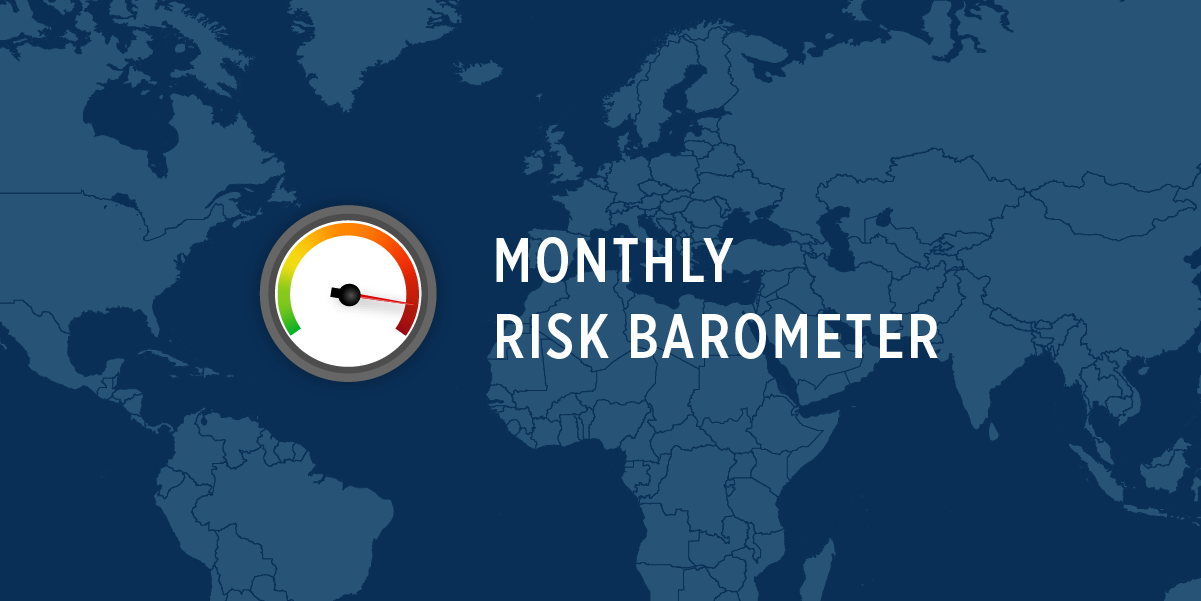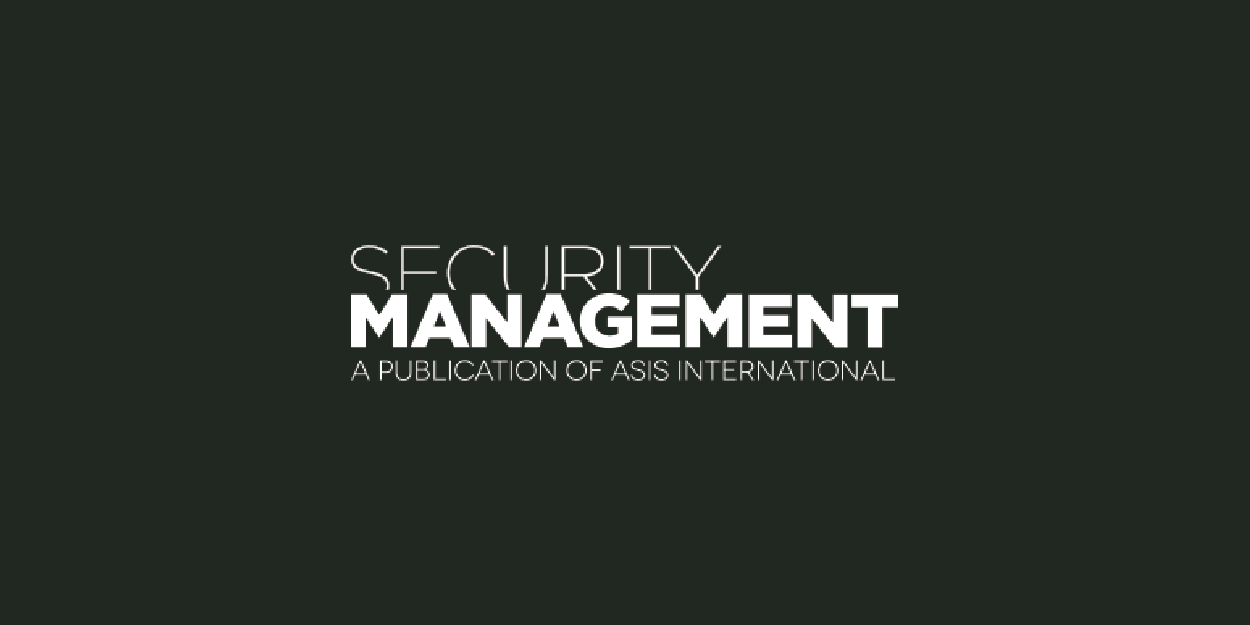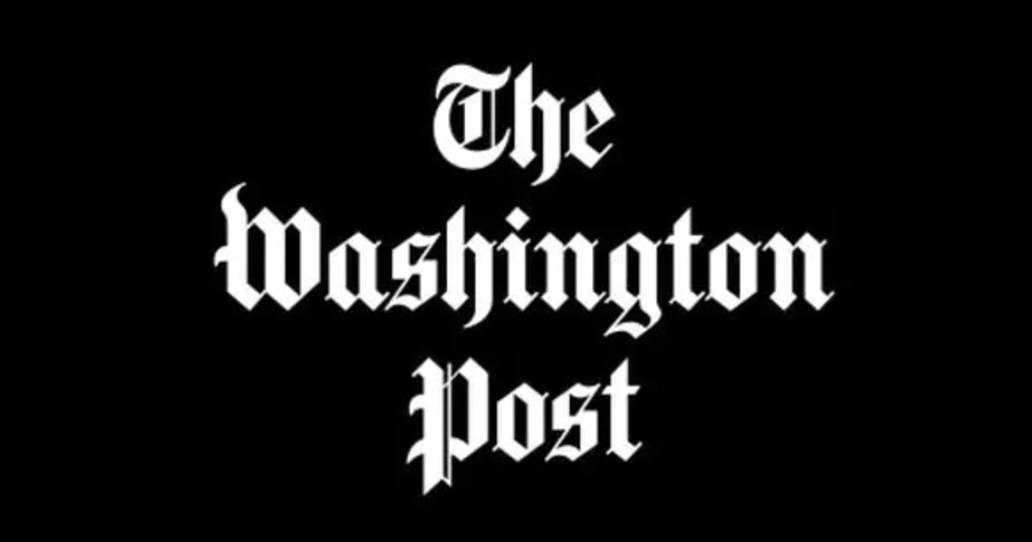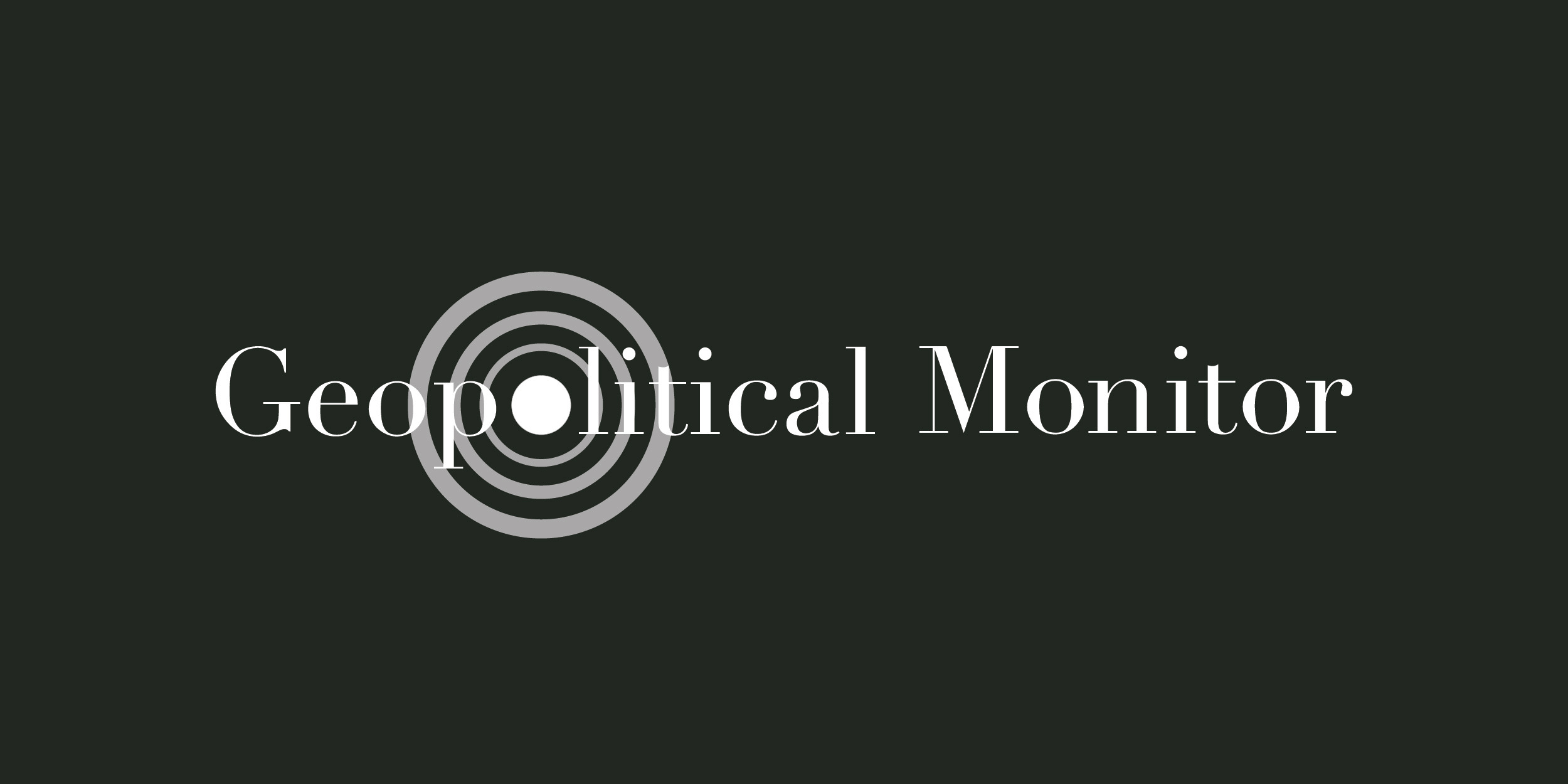Taiwan | New CAledonia
In Global Guardian's monthly Risk Barometer, our Intelligence Team highlights current global hotspots with the potential to impact your business operations and travel. Read below for analysis on the threats we are closely monitoring this month and click here to subscribe for regular intelligence updates.
China’s Reaction to President Lai Ching-te’s Inauguration Address Presages Cross-strait Tumult
On 23 May, the Chinese People's Liberation Army (PLA) commenced the two-day Joint Sword 2024A exercise simulating a blockade of Taiwan. This marks the third round of large-scale military drills around Taiwan over the last two years, with the previous iteration in response to then-Taiwanese President Tsai Ing-wen's April 2023 visit to the U.S. Regional tensions are rising in the aftermath of Lai’s Inauguration and the Shangri-La Dialogue.
Joint Sword 2024A took place in five maritime areas outside of Taiwan’s territorial waters (more than 12 nautical miles from its coast), mainly near the ports of Kaohsiung and Keelung, around Taiwan's outlying island groups of Kinmen, Matsu, Wuqiu, and Dongyin, as well as in the Taiwan Strait and east of Taiwan. According to the PLA's Eastern Theater Command (ETC), the drills are "punishment for the Taiwan independence separatist forces" and are meant to serve as "a serious warning to external forces for interference and provocation." The exercise comes on the heels of new Taiwanese President (William) Lai Ching-te’s 20 May inauguration speech in which he referred to China by name, rather than "the mainland," noted that neither China nor Taiwan were subordinate to one another, and called on China "to cease their (sic) political and military intimidation against Taiwan."
China's Joint Sword 2024A Military Drills
- Global Guardian assesses that the window for China to blockade or invade Taiwan is open.
- It is likely that a Chinese blockade of Taiwan will begin as a military exercise not unlike Joint Sword 2024A.
- We recommend that all firms with operations or interests in East and South East Asia begin to prepare for the possibility of a major disruption in the near to medium terms.
Recent Events
-
03 June – Taiwan announces a series of live-fire drills simulating the defense from a Chinese amphibious assault.
-
02 June – Chinese Defense Minister Dong Jun accuses Taiwan of “pursuing separation,” in address at the Shangri-La Dialogue in Singapore.
-
24 May – Between 20,000-80,000 protesters gathered outside Taiwan's Legislative Yuan in Taipei to protest the opposition parties' efforts to enact legislative reforms that would increase the legislature's power over the executive branch.
-
23 May – China’s Ministry of Foreign Affairs (MFA) warned the United States (U.S.) not to schedule any congressional visits to Taiwan.
-
23 May– PLA begins Joint Sword 2024A drills around Taiwan.
-
23 May – Taiwanese President (William) Lai Ching-te is inaugurated.
Analysis
Lai’s inauguration leaves Beijing with few carrots left to offer Taiwan and an ever-growing stick as the Peoples Liberation Army Navy (PLAN) and China’s informal navies grow in strength and practice blockading Taiwan. The recent Chinese drills focused on joint sea-air combat but were shorter than previous iterations. In addition, no Chinese ships entered Taiwan’s territorial waters, and there were no airspace closures.
The language used in Lai’s inaugural address was not received well in Beijing but fit the narrative it has built around President Lai being a secessionist. At Asia’s premiere defense gathering, China’s defense minister Jun used unprecedented language, implicitly threatening aggression against Taiwan and the Philippines.
Looking Forward
By naming the exercise Joint Sword 2024A, China is signaling that it may conduct another similar exercise this year, an event made more likely through another high-level American visit to Taipei or if Lai visits the U.S. The current hung parliament will allow Beijing to carry out both overt and covert destabilization operations to undermine Taiwan’s democratic system and harm Lai’s and the Democratic Progressive Party’s (DPP) image.
Since February, China has sought to normalize gray zone military activity around and within Kinmen’s waters, with the intent of inculcating its permanent coast guard presence in Taiwan’s frontline islands. These islands will likely become a future flashpoint following a real or manufactured incident.
Key TakeawaysPresident Lai Ching-te’s inauguration marks an inflection point in cross-strait and Sino-American relations. A tumultuous tempo has now been set for Taiwanese President Lai Ching-te’s term in office, which will see more blockade drills, and possibly…a real one. |
Violent Unrest in New Caledonia Highlights Multi-Domain Great Power Frictions
On 13 May, violent protests in Noumea — the capital of the French Pacific territory of New Caledonia — ignited a large-scale wave of civil unrest in New Caledonia. So far, the riots have led to seven deaths, hundreds of injuries, disruptions to travel and commerce, roughly a billion Euros in damage, and soaring nickel prices. While the violence has abated since its peak in late May, unrest and sporadic clashes between local factions and security forces are likely to continue for weeks to come. New Caledonia’s unrest illustrates the growing convergence of social, political, and economic threats as “domestic” issues are increasingly internationalized.
The indigenous ethnic Kanak people are protesting against an expansion of local voter rolls to include large swaths of ethnic French transplants — which would effectively erase Kanak aspirations for independence. When legislators in Paris passed the vote on 15 May, violence escalated. Pro-independence demonstrators began erecting barricades, setting fire to businesses, and engaging in violent clashes with police and informal loyalist militias. French President Emmanuel Macron’s administration implemented a state of emergency on 16 May that included a curfew and the banning of TikTok. Some 3,500 French security personnel, including gendarmes (militarized police), marines, and special police units such as RAID and GIGN, were deployed to logistical hubs, including the ports and airport. French security forces have since secured the island’s ports and international airport.
- Global Guardian advises against any unnecessary travel to New Caledonia.
- Avoid all protests and concentrations of security forces or protesters.
Timeline
- 05 June – Flights resume from Tontouta International Airport (NOU).
- 28 &29 May – The TikTok ban and state of emergency are lifted.
- 26 May – Pro-independence leadership states full independence from France as their official goal for future negotiations and instructs protesters to change to a lower-intensity posture but to maintain barricades and a presence in the street indefinitely as talks progress.
- 22 May – President Macron visits the territory.
- 18 May – 600 gendarmes, including 100 GIGN operatives, attempt to clear the road from the international airport to the capital Noumea.
- 16 May – Paris enacts a state of emergency. TikTok is banned in the territory. French military personnel are deployed to take control of seaports and airports.
- 15 May – French legislatures pass a bill extending the franchise to a large swatch of ethnic French residents previously denied the right to vote in local elections.
- 13 May – Small-scale violence breaks out at protests in Noumea as Kanak independence groups anticipate a vote in Paris that could close the path to eventual independence.
Context
France colonized New Caledonia in the mid-19th century. Since its colonization, New Caledonia’s native Kanak population has experienced discrimination and economic exploitation, especially regarding the profit distribution of the territory’s nickel deposits. In the 1980s, ethnic and economic tensions erupted into a civil war that saw assassinations and kidnappings, as well as dozens of fatalities and thousands of injuries.
This spate of violence ended with France’s recognition of the Kanaks as New Caledonia’s native population and a commitment to New Caledonian autonomy or eventual independence under the “Noumea Accords” framework. The Accords called for three rounds of referenda based on frozen voter rolls –—only citizens who were residents of New Caledonia in 1998 could vote — which were executed in 2018, 2020, and 2021. The first two referenda resulted in minor wins for the “stay” camp. But pro-Independence organizations boycotted the 2021 referendum after their request for postponement due to Covid was denied, leading to a 96.7% vote in favor of remaining.
Pro-Independence factions in New Caledonia rejected the outcome of the referenda as illegitimate and characterized Paris’s move to unfreeze the voter rolls as “recolonization.” However, New Caledonia’s nickel deposits (30% of global reserves), its 1.36 million square kilometer exclusive economic zone (EEZ), and its centrality to France’s Pacific presence make it difficult for Paris to relinquish the territory.
Analysis
France possesses 12 overseas territories — not including Corsica — that together account for roughly 2.6 million people. Mayotte, Guadeloupe, Martinique, and Corsica have all experienced significant unrest that necessitated security intervention in the past five years. In the context of France’s increasingly global political and economic aspirations, the friction between France’s peripheral territories and Paris is only set to intensify.
France’s impulse to cement control of the territory is made more salient by the support for independence offered by Paris’s adversaries. Azerbaijan — spurned by French arms transfers and political backing for Armenia — actively coordinates with and supports at least 14 political movements that advocate for the independence of French territories. These include New Caledonia, French Polynesia, Corsica, Guadeloupe, and Martinique. Russia and China have also made statements in support of the Kanak protesters. The latter is particularly concerning to Paris as Beijing has an extensive economic and political presence in the South Pacific, extending to relationships with pro-independence politicians in New Caledonia.
Tensions in overseas territories threaten France’s strategic autonomy — its overarching objective. When France was evicted from Niger, it lost access to its main source of Uranium which is critical both to France’s green energy sector — nuclear power supplies roughly 70% of Frances's energy needs — and to its standalone nuclear umbrella. Nickel is essential for manufacturing high-end batteries used in electric vehicles and other green technology. Should France lose New Caledonia to a pro-Chinese regime, it would lose control over 30% of the world’s nickel reserves — a necessary asset in the competition against Chinese electric vehicles.
Looking Forward
The violence may escalate if sufficient steps toward Kanak autonomy are not taken. The Kanak independence organizations, particularly the FLNKS, see this as an existential fight and are willing to escalate violence substantially. French retaliation against Azerbaijan could take the form of increased support for Armenia and attacks on Azerbaijan’s political position through international organizations. New Caledonian protesters may seek to draw attention to their cause through protest action at the upcoming Paris Olympics.
More broadly, information campaigns targeting separatists and minorities are likely to take on an increasingly effective role in the ongoing hybrid war between the U.S.-led international order and its opponents. Therefore, unrest is likely to increase in areas with substantial mineral deposits necessary for green energy technology. Large reserves of cobalt, copper, lithium, nickel, manganese, and rare earths in underdeveloped areas will likely see increased great power competition over access.
Key TakeawaysUnrest in New Caledonia will likely persist until major reforms are undertaken. If sufficient steps toward Kanak autonomy are not taken, violence may escalate. China, Russia, and Iran's inflammation and amplification of minority and separatist grievances to destabilize their Western adversaries will likely increase. Liberal states' unilateral banning of TikTok and social media platforms will likely become more commonplace. |


















